10th should be passed on or After 2021 & 12th on or after 2023
70% and Above in PCB in 10th
60% and Above in PCB in 10th
NEET Qualified for Current Year
About Campus life
With over 11500 professional students and post grads (out of which 8300 are students of high medical school), Russian National Research Medical University, Moscow has actively involved it in the development of a system of accreditation of specialists and continuing professional education to medical activities. Furthermore, it has 700 international students and more than 12000 participants of events for prospects. Substantially, it also lays special emphasis to pre-university training and for the search of talented applicants from all across the globe. Not only this but it also provide a wide range of activities to its students that include a weekly lecture hall, summer school in medicine, preparatory courses ( in both English as well as Russian language) and exceptionally good master classes.
 How to Write Your First Blog Post
How to Write Your First Blog Post
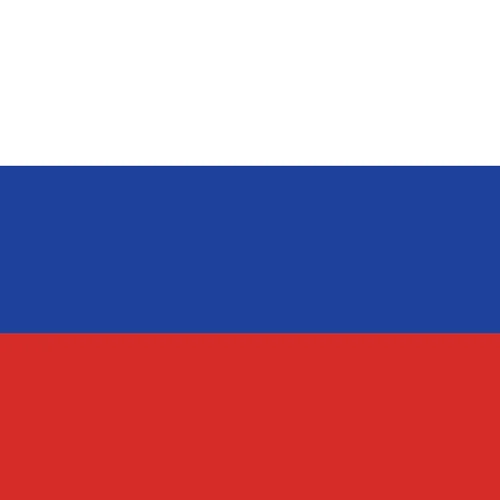 Mbbs In Russia
Mbbs In Russia
 Mbbs in Nepal
Mbbs in Nepal
 MBBS In China
MBBS In China
 MBBS in Philippins
MBBS in Philippins
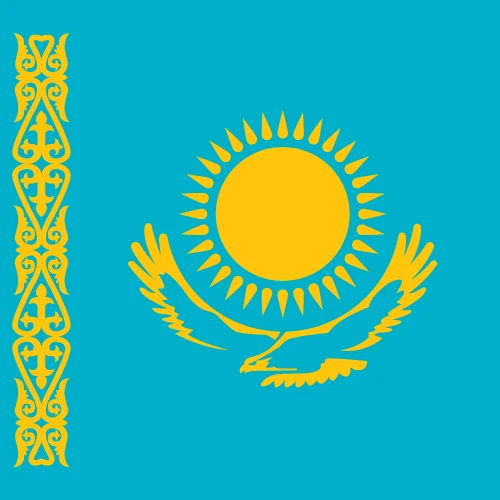 MBBS in Khazakhstan
MBBS in Khazakhstan
 MBBS in Kyrgyzstan
MBBS in Kyrgyzstan
 MBBS in Georgia
MBBS in Georgia
 MBBS in Egypt
MBBS in Egypt
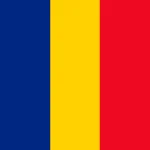 MBBS in Romania
MBBS in Romania
MBBS in Belize
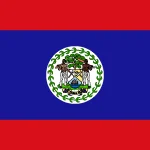 MBBS in Belize
MBBS in Belize
 MBBS In Bangladesh
MBBS In Bangladesh
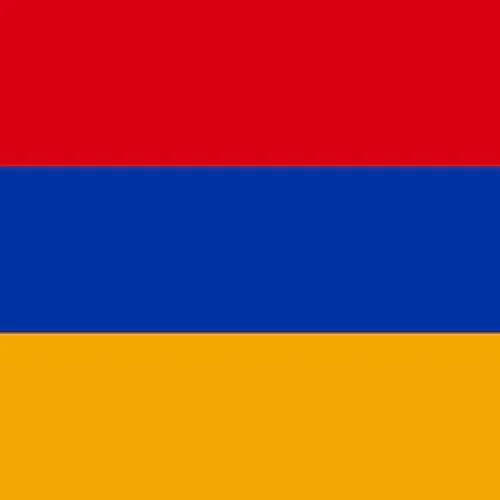 Mbbs in Armenia
Mbbs in Armenia
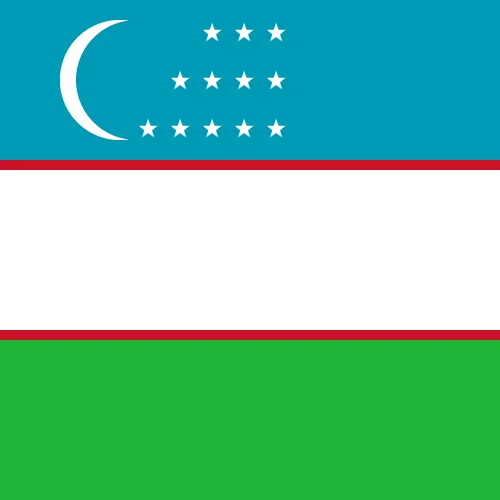 MBBS in Uzbekistan
MBBS in Uzbekistan
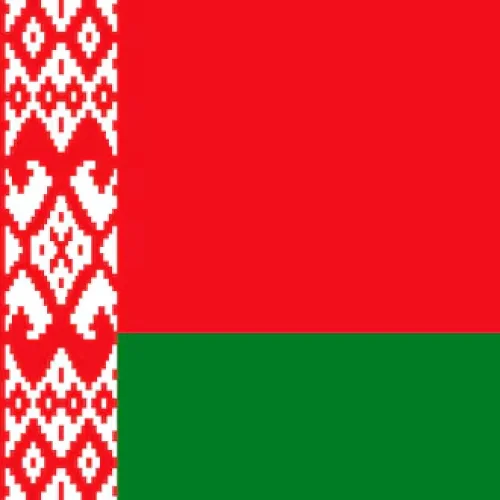 MBBS In Belarus
MBBS In Belarus
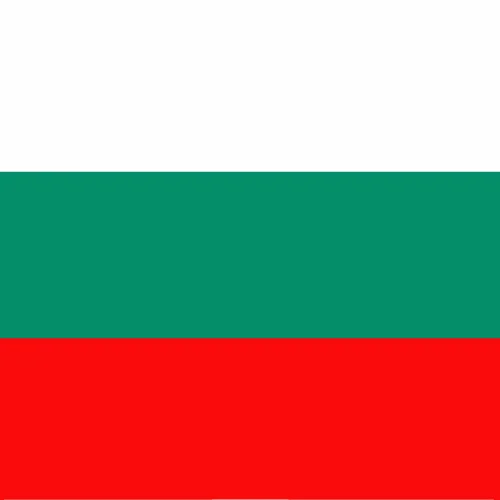 MBBS In Bulgaria
MBBS In Bulgaria
 MBBS In Germany
MBBS In Germany
 MBBS In UK
MBBS In UK
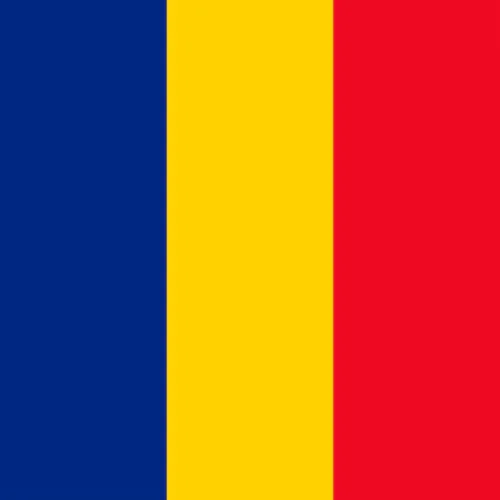 MBBS In Moldova
MBBS In Moldova
 MBBS In Italy
MBBS In Italy
 MBBS In Australia
MBBS In Australia
 MBBS In USA
MBBS In USA
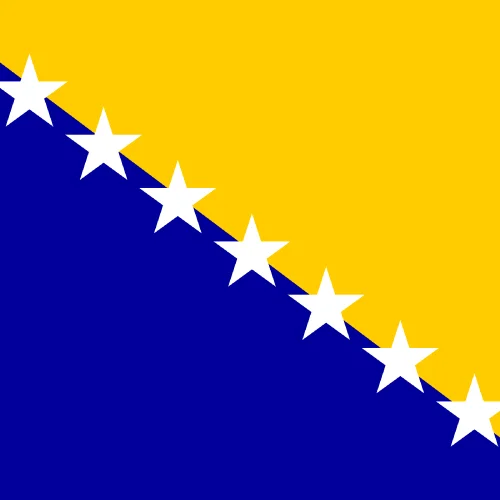 MBBS In Bosnia And Herzegovina
MBBS In Bosnia And Herzegovina



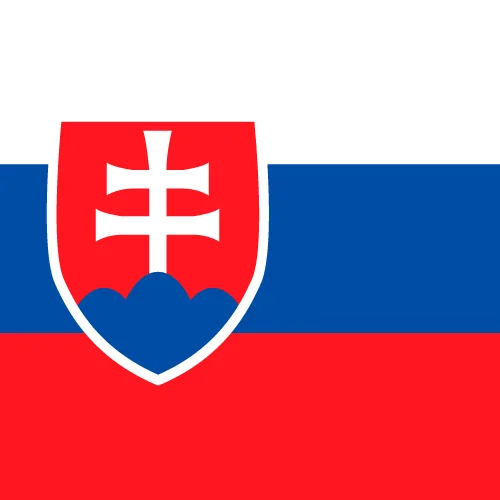
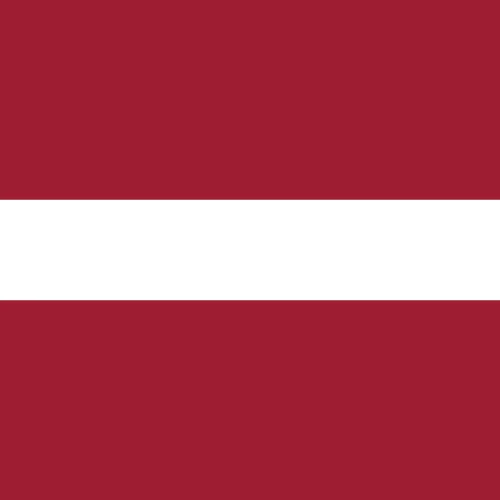
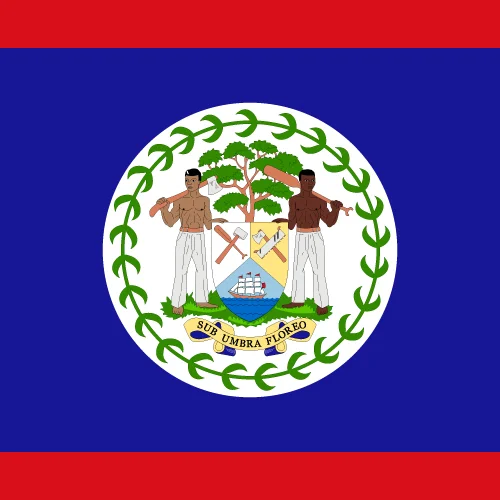
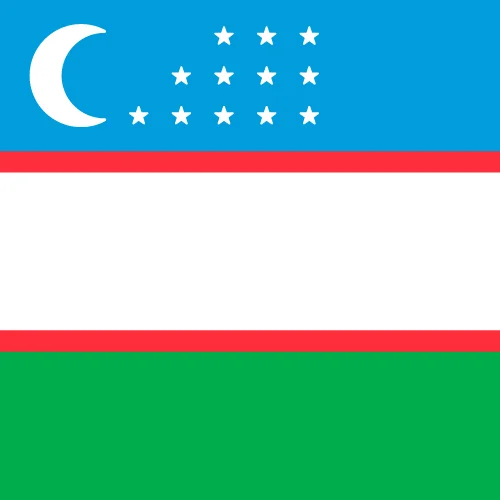
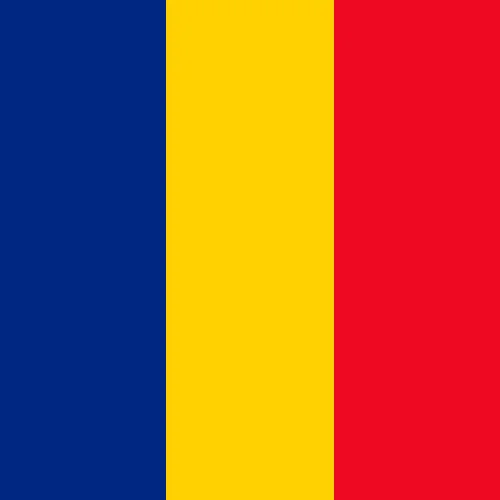

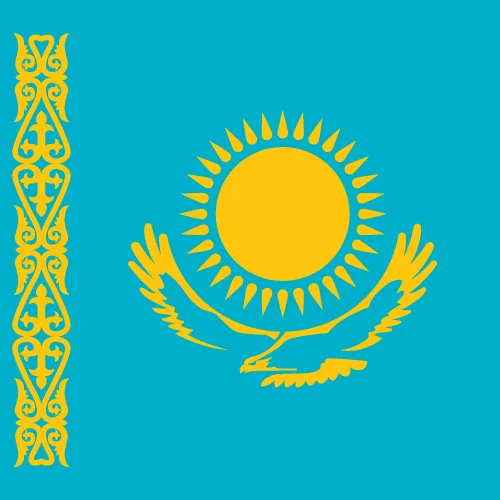

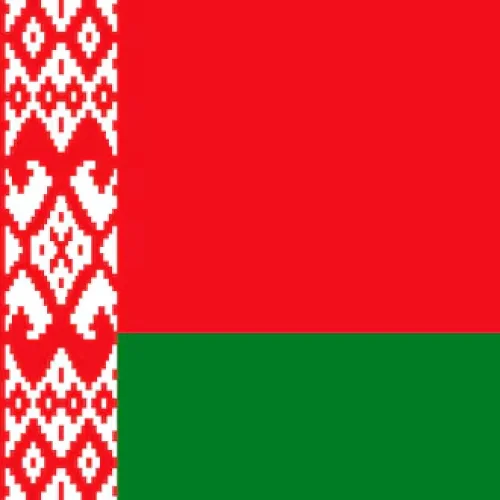










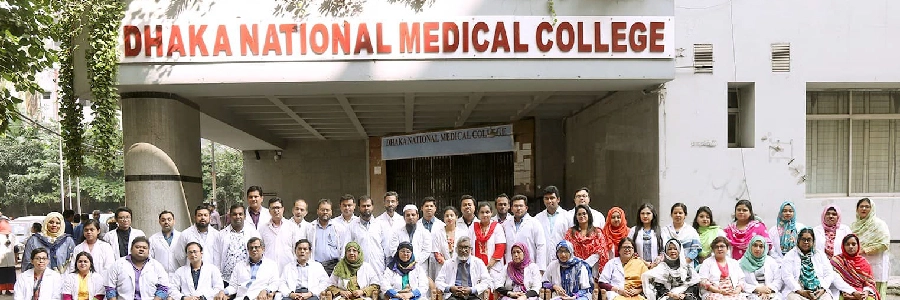
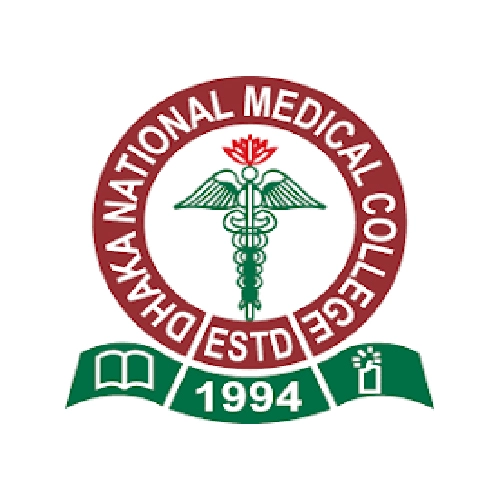
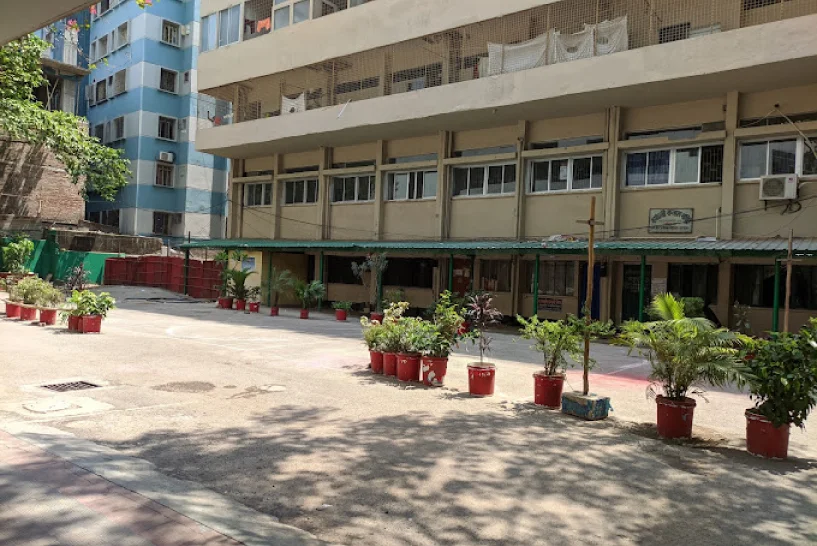
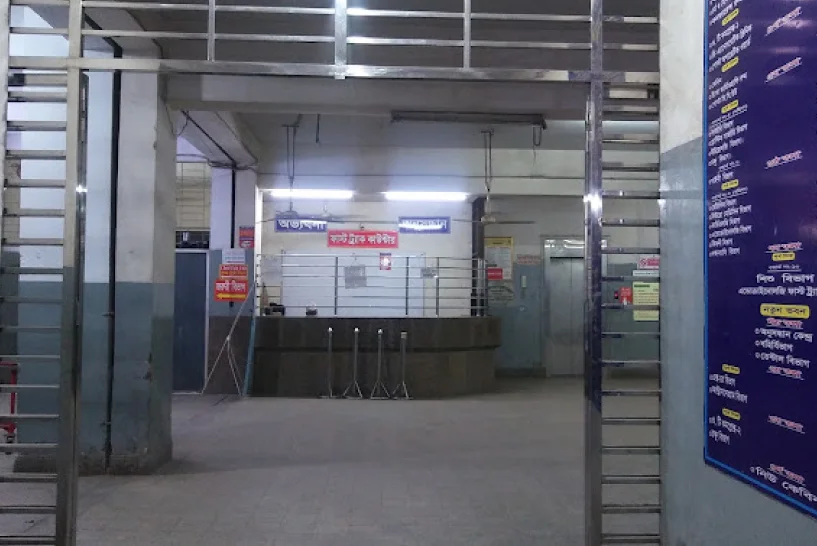
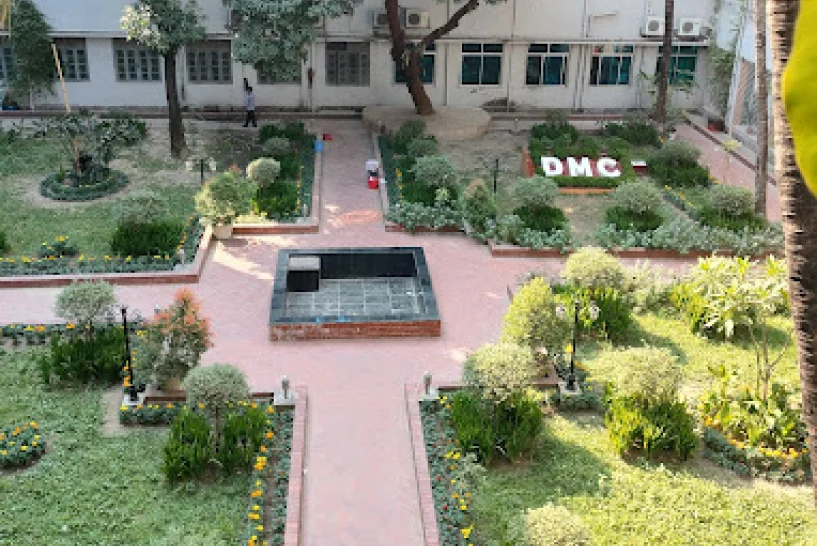
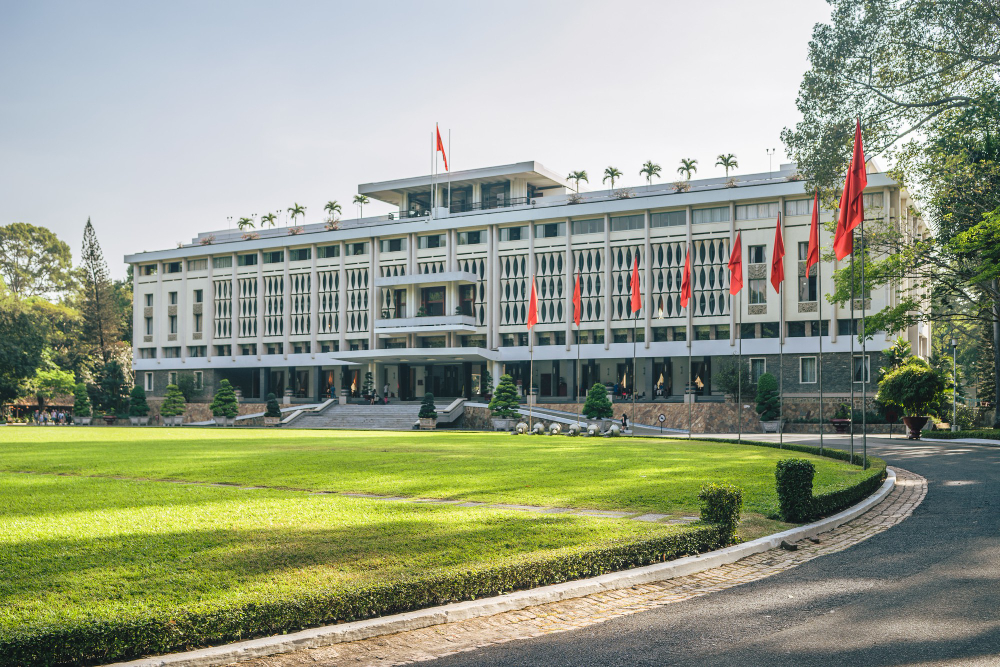
 India Office
India Office
 UK Office
UK Office
 Nepal Office
Nepal Office